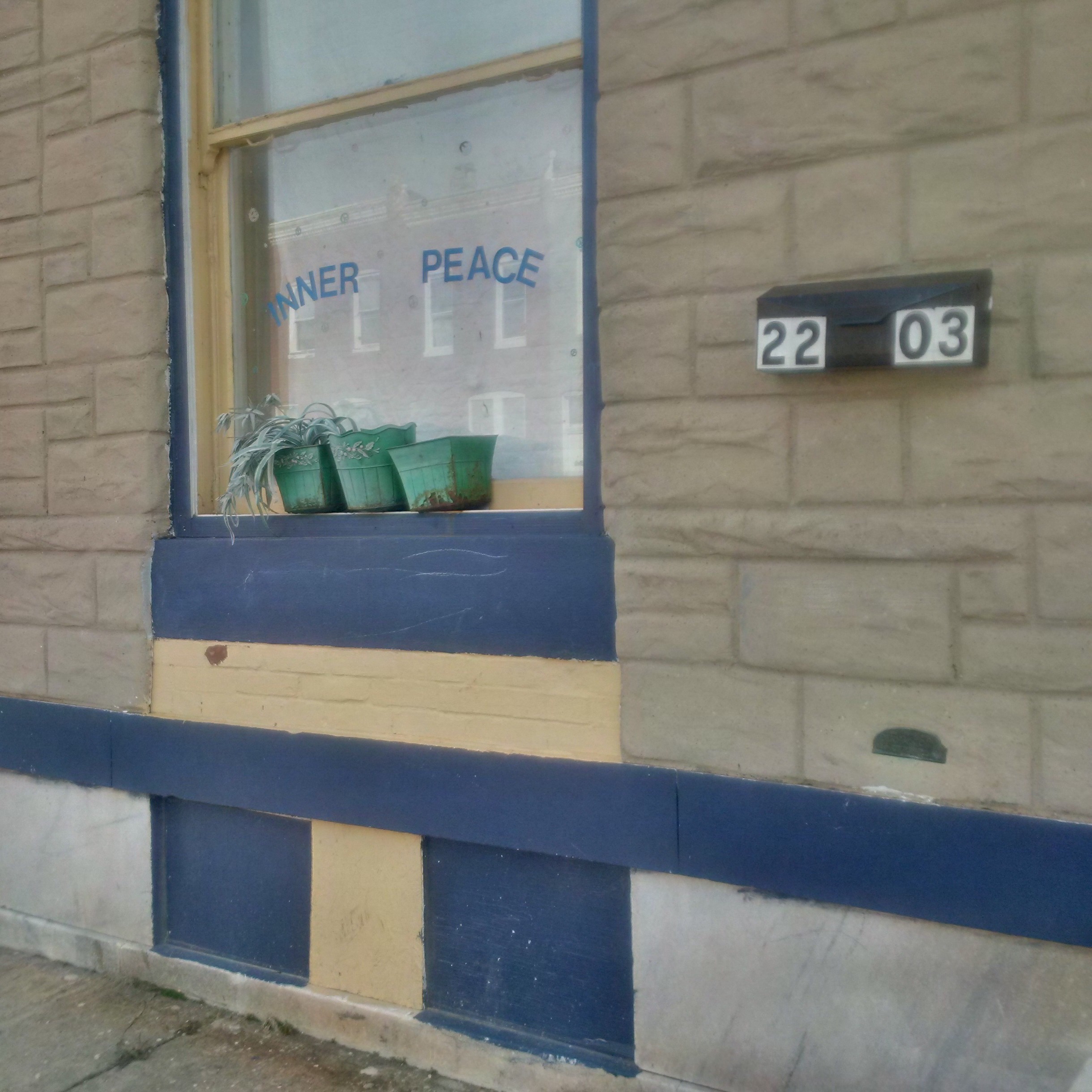As we wait for Governor O’Malley’s promised 8000 jobs to materialize to benefit the public in the Johns Hopkins eminent domain-driven expansion into 88 acres of Middle East Baltimore, a recent publication in regard the benefit of eminent domain is of interest.
“Given the controversy surrounding the Kelo decision and the potential implications for long-run economic growth, it is worth investigating the effects of eminent domain for private
benefit. This paper contributes to the current literature by empirically examining the effects on government revenue and revenue growth. …Ultimately, we find virtually no evidence of a statistically significant positive relationship between eminent domain and the subsequent level of state and local tax revenue. In contrast, we find some limited evidence of a statistically significant negative relationship between eminent domain and the subsequent growth of state and local tax revenue. These results are robust across a variety of specifications.
Our results contradict one of the primary arguments often made by politicians in favor of eminent domain activity (and cited as a constitutionally valid justification by the Supreme Court)—that it will increase revenue. One possible explanation for that contradiction is that economic impact studies of new local developments are often plagued by double counting and the omission of opportunity costs. As a result, the subsequent impact on the local economy, and therefore on government revenue, is often much lower than anticipated. While much further work is needed in this area, one implication of our results is that voters ought to be much more
skeptical about politicians’ and developers’ claims regarding the revenue impact of eminent domain activity for private purposes.”
Takings and Tax Revenues: Fiscal impacts of eminent domain.
While private benefit to private developers is consistently clear in redevelopment in our abandoned communities mediated through tax breaks and credits, loans and grants, and contract favoritism and cronyism, Harvey’s analysis of the dispossession of black and brown communities during the foreclosure crisis provides a necessary comparison. He asserts that the 40-80 billion in assets lost in the African American and Latino/a communities during the foreclosure crisis parallels the 40-80 billion gain for the Wall Street gang during the same time period. These relationships of wealth lost through dispossession of land in black and brown communities and wealth gain in private corporations must be quantitatively confirmed. Because we know such studies will not be initiated by government-who facilitate private capital in wealth dispossession of our most vulnerable-it is up to community-driven organizations, think tanks, and community activists to take it up. Waiting for those who steal from the poor to tell us exactly how much they gained from their thievery does not benefit the poor.
The displacement of the people in Middle East Baltimore was trumpeted by politicians and Johns Hopkins, the Annie E. Casey Foundation and its sister followers as benefiting those impacted by historical segregation and systematic disinvestment. The health of the people would be impacted positively was the consistent media soundbite. Some studies continue to affirm that voluntary relocation of residents during development provides a positive impact on health, greater in some than others. However, a careful analysis of all of the impacted residents in communities targeted for redevelopment shows a different picture. Research by Sabriya Linton and others confirm that drug activity which was previously localized in the Middle East community before displacement/redevelopment was decreased after displacement but correlated with an increase in drug activity in neighborhoods where residents were relocated-shown by number of calls for narcotic services. Such data confirms the historic and current redevelopment practices which intend only to remove the ‘faces of poverty’ but not to help or remediate the causes or social or health consequences of poverty. This study shines light on the disrespect of and lack of benefit to local residents by the powerful stakeholders who ignored the organized efforts of residents of Middle East Baltimore demanding greater benefit for their entire community, social programs to help those in need, and work force development processes which would ready their community to benefit from the redevelopment. This research by Lipton adds to the data showing the intention and result of this redevelopment project of Johns Hopkins and its development proxy, EBDI, to ignore and displace its existing community partner in an attempt to expand to attract a whiter and richer population to be its neighbors-gentrification.
S-1. Linton et al. J Urban Health 2014
These data offers us evidence of the capitalist means of expansion-through dispossession of land and human right to health and safety- mediated by a premier hospital and research and teaching university willing to ignore the health and social needs of its community neighbor. We are offered a glimpse of the definition of what so-called anchor institutions actually intend to carry out in the communities they inhabit.(submitted for publication, From Anchor Institutions to Anchored Communities: Displacement, Ethics, and Countering the Threat to Public Health Lawrence Brown et al). In fact, this pattern of development through displacement dates back more than a century and continues today under new labels: urban redevelopment, community revitalization, RAD, Choice neighborhoods, HOPE VI, Promise zones- mediated not through industrial capital but private:public partnerships and neoliberal practices.



